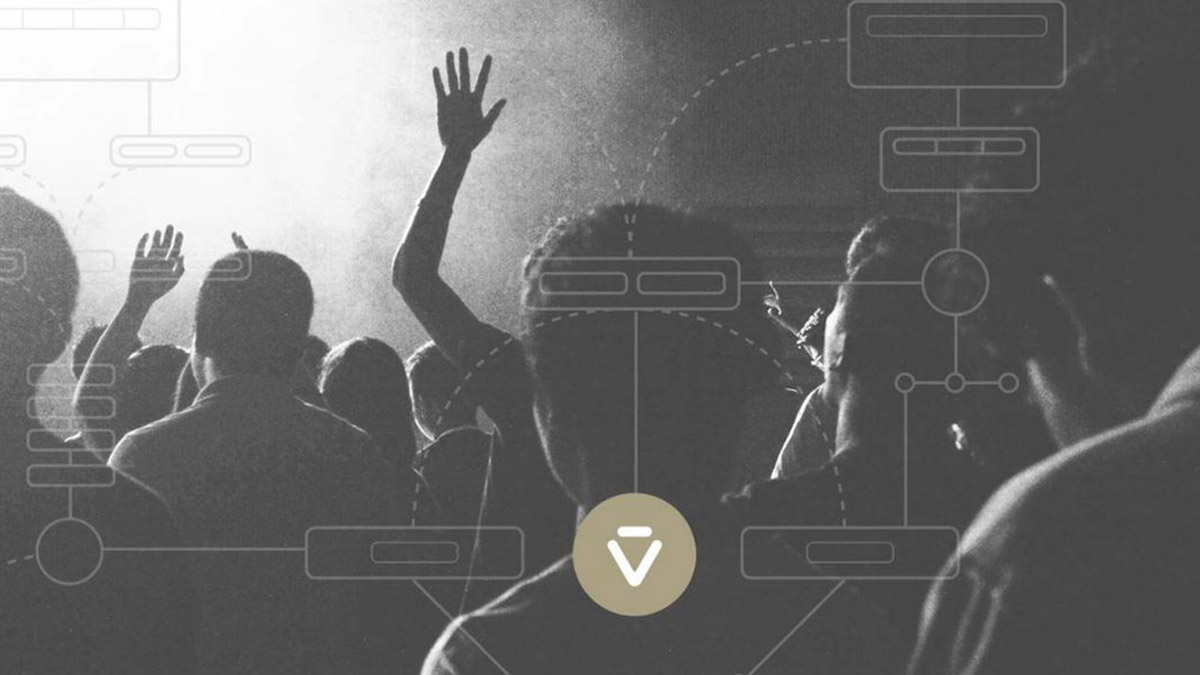
Robohub.org
Paradigm shift: from Siri to Viv

Source: Viv Labs
Artificial intelligence that programs itself on the fly – from the team that developed Siri at SRI and Apple – was demonstrated this week in New York and it quickly performed complex spoken tasks, live and onstage.
At the recent TechCrunch Disrupt event, held in New York City May 9-11, Dag Kittlaus unveiled Viv, the new single-source cross-platform voice assistant for the thousands of apps available to us. Viv describes itself as an AI platform that enables developers to distribute their products through an intelligent, conversational interface. Kittlaus expects to offer Viv SDKs to developers in the fall and hopes to fully launch by the end of 2016.
In the video below of his 14-minute presentation and demo, with another 10 minutes of Q&A afterwards, one can easily imagine how Viv will soon become integral to the way we use and operate our apps. Viv provides a paradigm shift in the way we affect our daily tasks — the very shift that others are attempting to provide in the form of personal assistants. It is a breakthrough accomplishment in providing a single conversational user interface (UI) to recognize our words, determine our intent, and then write code to affect that intent. As a side benefit, the video is very informative about the process of AI. [Forward to 4:00 and watch for 10 minutes just to see the demos and skip the intro and Q&A.]
Jibo, Pepper, Alexa, Duer, Cortana, Google, Watson and many others (startups are popping up every few days) are all in various stages of presenting and bringing to market their versions of personal assistants – some physical, others virtual.
But the Viv demo – done live – was speedier than any and Kittlaus explained why: because as more and more apps become available, and as more and more users want to use some of those apps, a personal assistant must scale to handle all those functions and the larger the scale, the more complex it becomes, the more lines of code that must be written, and it ultimately will slow down. Conversely Viv has a dynamic program generator that writes solution-based code from the intent of the user. In other words, Viv’s AI parses through the words you say to determine intent and then writes only the software that meets the specific task requested and does it quickly. The video also shows, but doesn’t detail, how Viv determines intent (goals) from the words. It breaks down the conversation into goals and values within thereby instructing the dynamic program generator which apps are required and what the parameters are for those apps.
Is Viv going to eliminate Google as the middleman? Kittlaus says that search isn’t going anywhere but as Viv and other new AI assistants become more capable and become the primary resource for users, people really won’t want to go back to the old way.
Siri, co-founded by SRI’s Dag Kittlaus and Adam Cheyer and by Tom Gruber, was spun-out from the SRI International Artificial Intelligence Center and acquired by Apple for $200 million in 2010. Kittlaus left Apple in 2011; Cheyer left in 2012.
BOTTOM LINE
Personal assistants are all about simplifying the process of performing daily tasks. They are attempting to be what you would expect of a knowledgeable executive assistant working alongside to maximize your productivity and minimize your involvement, a person who really knows you and doesn’t need you to reexplain things over and over. The list of vendors is impressive: Amazon, Google, Facebook, IBM, Baidu, Microsoft, Apple, SoftBank, all the car companies, many large consumer product providers and smaller companies like Jibo. To date, none have achieved that sweet spot where end users are fully satisfied.
The holdup has been the software, the need for extensive coding, and the ability to identify “intent” from sounds recognized as words. The breakthrough technology that Viv is offering is a way to change the way programmers work with computers and developers offer their products. Programmers will no longer have to instruct step-by-step procedures in rigid code, but instead they’ll just have to describe the process and intent and the AI will develop the code – it will write the programs needed on the fly. And developers will just need to add Viv as their conversational UI.
[Viv uses Nuance for voice recognition. Nuance is a member of the ROBO Global Robotics and Automation Index (of which I am a Co-founder)].
tags: c-Business-Finance, Siri, The Robot Report, Viv



